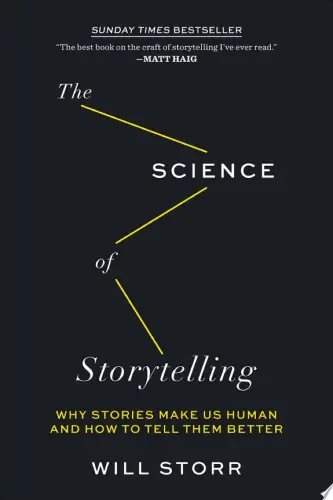
The Science of Storytelling
Why Stories Make Us Human and How to Tell Them Better
What's it about?
The Science of Storytelling by Will Storr delves into the intricate relationship between storytelling and human psychology. You will discover how stories shape our perceptions and influence behavior, revealing the neuroscience behind compelling narratives. Storr emphasizes the importance of character-driven plots and the emotional impact they have on audiences. By understanding these principles, you can enhance your storytelling skills, whether in writing, marketing, or personal interactions, making your messages more relatable and powerful.
About the Author
Will Storr is a British author and journalist known for his investigative and narrative non-fiction. His works, including "The Science of Storytelling" and "Selfie," explore complex themes like identity, human behavior, and storytelling through a compelling, insightful lens. His writing blends in-depth research with engaging storytelling.
5 Key Ideas of The Science of Storytelling
Craft Your Reality with a Story
The stories we tell ourselves shape our perception of reality, influencing our emotions, decisions, and well-being.
Think of a time when you convinced yourself you’d fail an exam, and then how every mistake you made seemed to confirm that narrative. It’s like wearing distress-tinted glasses that affected how you saw everything.
- Narratives frame our experience: The stories we internalize create the framework through which we interpret events and influences our mood and reactions.
- Stories influence decisions: Our understanding of who we are, influenced by personal narratives, dictates the choices we make, for better or worse.
- Reimagining narratives: By consciously rewriting our personal stories, we can change how we perceive challenges and open ourselves up to new possibilities.
Reflect on a recurring negative belief about yourself and rewrite it into a positive story that emphasizes your strengths and potential.
Avoid viewing these stories as fixed truths; they're flexible narratives that you have the power to adjust or change.
Harness the Power of Conflict
Embracing conflict within stories helps to clarify values, drive engagement, and foster growth.
Recall a favorite book or movie where a hero faced tremendous challenges—how boring would it be if they simply breezed through without obstacles? It was the conflict that invigorated their journey.
- Conflict generates engagement: By visualizing what's at stake, conflicts captivate attention and emotional investment.
- Clarifies personal values: Conflicts often illuminate what matters most to us, sharpening our understanding of personal values.
- Driving force for growth: Overcoming conflict usually requires growth, encouraging skills development and personal evolution.
Identify a personal conflict you are currently facing and write down what it reveals about your core values and how it challenges you to grow.
Don't shy away from conflict out of discomfort; instead, see it as an opportunity for clarity and personal expansion.
Universal Themes Connect Us All
Stories that tap into universal themes resonate deeply and create a sense of shared humanity.
Consider how stories about love, loss, or triumph resonate across cultures and time—these universal experiences are the threads that bind diverse human experiences.
- Builds empathy: Discussing shared human experiences fosters connection and understanding between different people.
- Transcends boundaries: Universal themes cut across cultural lines, making stories accessible and relatable to a broad audience.
- Reaffirms shared humanity: Embracing these themes reminds us of our commonalities, promoting a sense of kinship among individuals.
Identify a personal story or experience that aligns with a universal theme and share it in a conversation to build deeper connections.
Beware of focusing too narrowly on specific details that might alienate others; instead, emphasize aspects that have a broader appeal.
Deeper knowledge. Personal growth. Unlocked.
Unlock this book's key ideas and 15M+ more. Learn with quick, impactful summaries.
Read Full SummarySign up and read for free!
The Science of Storytelling Summary: Common Questions
“I think we humans are born to tell stories. In fact, I think we’re born to listen to them, too.” This quote from Will Storr's The Science of Storytelling encapsulates the essence of the book—an exploration into why stories resonate so deeply with us. Storr delves into the psychological underpinnings of storytelling, discussing how narratives shape our understanding of the world and influence everything from our relationships to our identity.
What hooked me the most was Storr’s analysis of the neuroscience behind storytelling. He explains how our brains are wired to respond to narratives, showcasing studies that reveal the mechanisms at play when we engage with stories. However, certain concepts left me pondering, particularly his insights on truth in storytelling versus factual accuracy. Does a compelling story have to be factual, or is emotional truth enough? This sparked a lot of personal reflection on the nature of fiction and realism.
Overall, The Science of Storytelling is a thought-provoking read that cleverly intertwines science and art. If you enjoyed books like The Emotional Craft of Fiction by Pat Schneider or Story: Substance, Structure, Style and the Principles of Screenwriting by Robert McKee, you’ll likely find Storr's perspectives enriching. I highly recommend it to anyone interested in the deeper layers of narrative!
Experience Personalized Book Summaries, Today!
Discover a new way to gain knowledge, and save time.
Sign up for our 7-day trial now.
No Credit Card Needed

Similar Books

Comprehensive Casebook of Cognitive Therapy
Frank M. Dattilio
The Piano Teacher
Elfriede Jelinek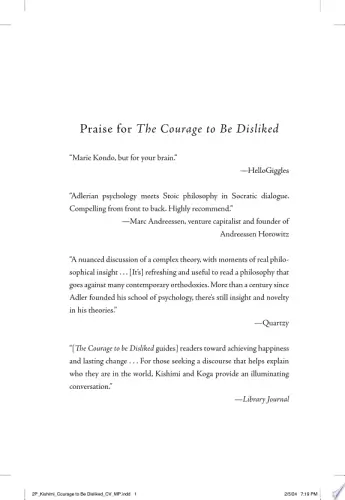
The Courage To Be Disliked
Ichiro Kishimi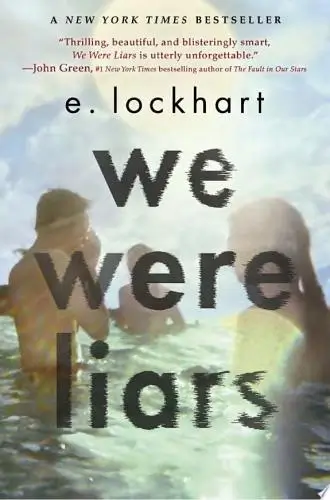
We Were Liars
E. Lockhart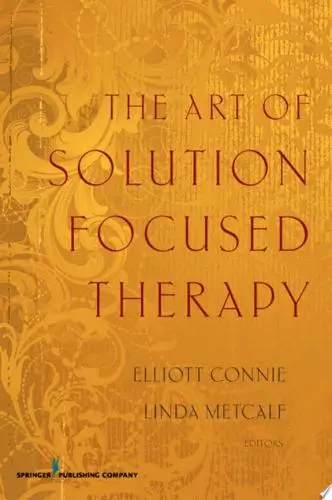
The Art of Solution Focused Therapy
Elliott Connie, MA, LPC
No Longer Human
太宰治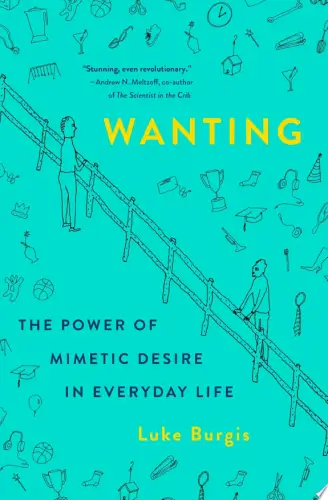
Wanting
Luke Burgis
Mrs Dalloway
Virginia Woolf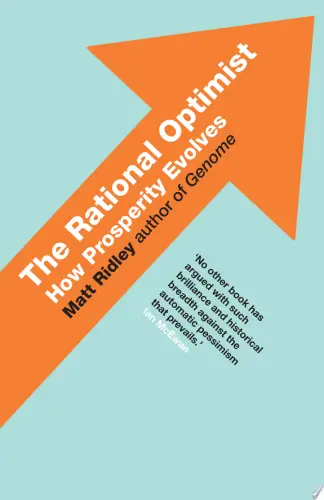
The Rational Optimist
Matt Ridley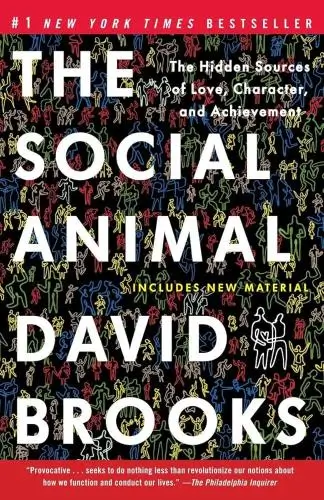
The Social Animal
David BrooksTrending Summaries

Peak
Anders Ericsson
Never Split the Difference
Chris Voss
Smart Brevity
Jim VandeHei
The Psychology of Money
Morgan Housel
The First 90 Days
Michael D. Watkins
Atomic Habits
James Clear
Thinking, Fast and Slow
Daniel Kahneman
The Body Keeps the Score
Bessel van der Kolk M.D.
The Power of Regret
Daniel H. Pink
The Compound Effect
Darren HardyNew Books

Forex Trading QuickStart Guide
Troy Noonan
Comprehensive Casebook of Cognitive Therapy
Frank M. Dattilio
The White Night of St. Petersburg
Michel (Prince of Greece)
Demystifying Climate Models
Andrew Gettelman
The Hobbit
J.R.R. Tolkien
The Decision Book
Mikael Krogerus
The Decision Book: 50 Models for Strategic Thinking
Mikael Krogerus
Fichte
Johann Gottlieb Fichte
Do No Harm
Henry Marsh
